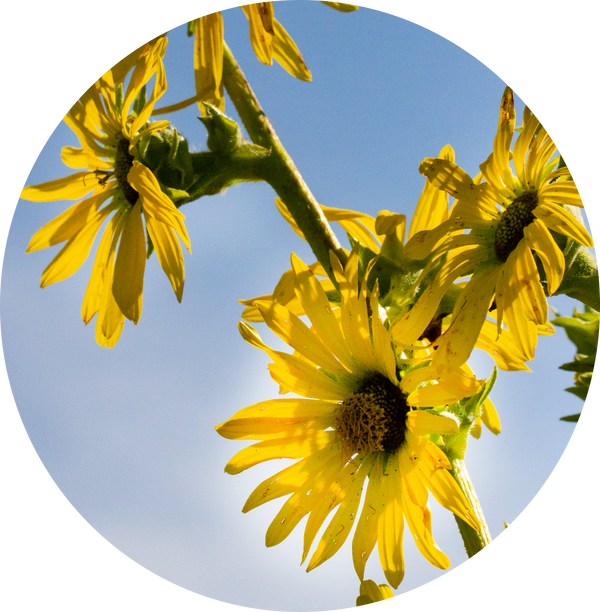Midwest Wilderness Connections Eco-briefs and Eco-sweeps
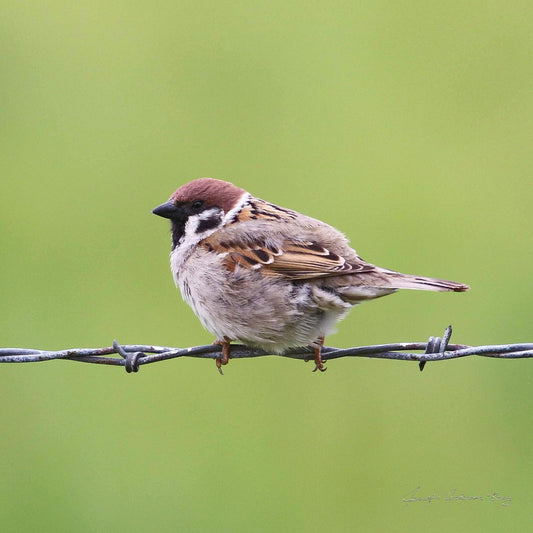
MWC Eco-brief: Eurasian Tree Sparrows
In 1870, twelve Eurasian tree sparrows (native to Eurasia) were released in St. Louis, Missouri in an effort to provide familiar sights and sounds for homesick European immigrants. The species'...
MWC Eco-brief: Eurasian Tree Sparrows
In 1870, twelve Eurasian tree sparrows (native to Eurasia) were released in St. Louis, Missouri in an effort to provide familiar sights and sounds for homesick European immigrants. The species'...
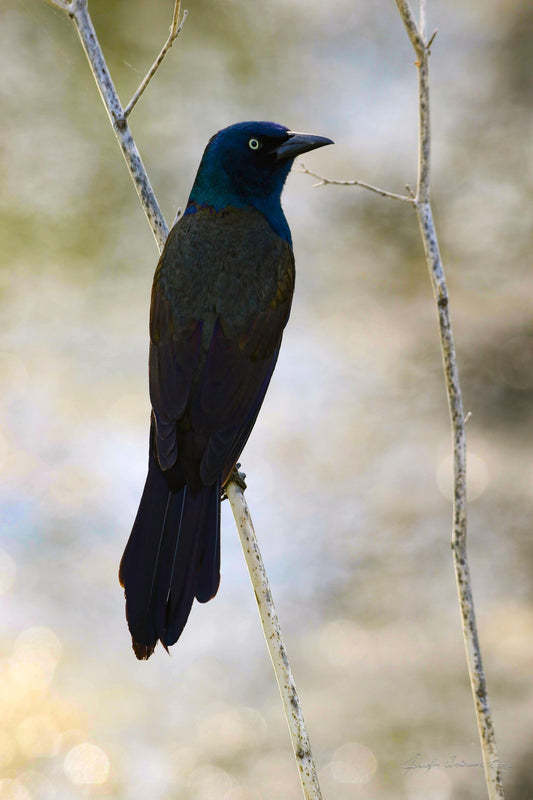
MWC Eco-brief: Common Grackles disappearing
The common grackle is often thought of as a nuisance bird around yards, farmsteads, and businesses. But the grackle is experiencing significant declines in the Upper Midwest, with a decline...
MWC Eco-brief: Common Grackles disappearing
The common grackle is often thought of as a nuisance bird around yards, farmsteads, and businesses. But the grackle is experiencing significant declines in the Upper Midwest, with a decline...
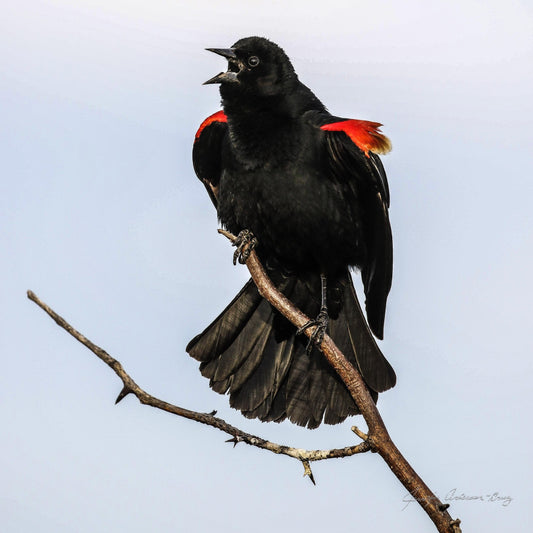
MWC Eco-brief: Red-winged Blackbird Trickery
Male red-winged blackbirds are highly territorial, vying for the best territory with abundant aquatic invertebrate food resources that the females prefer. But she's sly when beyond the eye. Genetic testing...
MWC Eco-brief: Red-winged Blackbird Trickery
Male red-winged blackbirds are highly territorial, vying for the best territory with abundant aquatic invertebrate food resources that the females prefer. But she's sly when beyond the eye. Genetic testing...
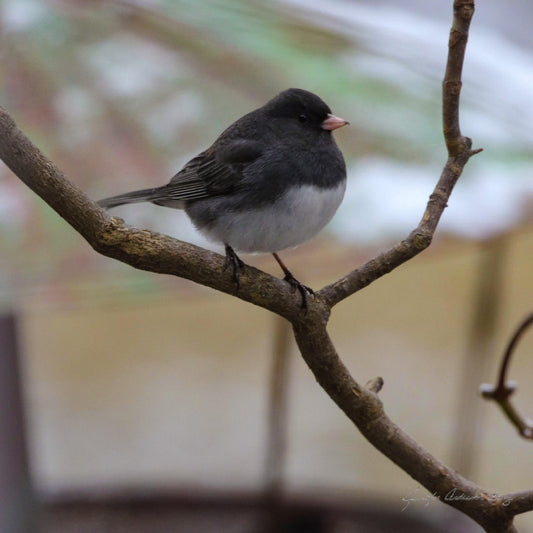
MWC Eco-brief: Dark-eyed Junco
The dark-eyed junco is a frequent visitor to Midwest birdfeeders during winter, where they can be observed flashing white tail feathers while foraging. Junos flash their tail more often, and...
MWC Eco-brief: Dark-eyed Junco
The dark-eyed junco is a frequent visitor to Midwest birdfeeders during winter, where they can be observed flashing white tail feathers while foraging. Junos flash their tail more often, and...
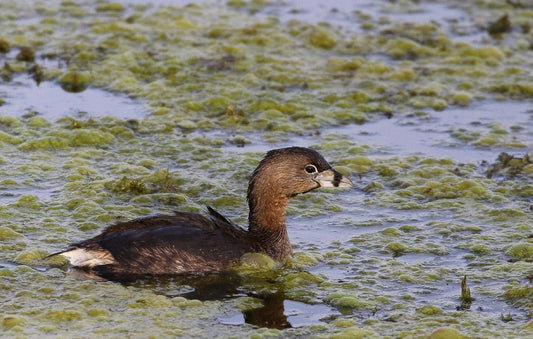
MWC Eco-brief: Pied Billed Grebe
Pied-billed grebes are charismatic wetland birds that dive underwater to catch food, such as crayfish, fish, crustaceans, mollusks, and aquatic invertebrates. Their nesting habit is especially interesting. In the Midwest,...
MWC Eco-brief: Pied Billed Grebe
Pied-billed grebes are charismatic wetland birds that dive underwater to catch food, such as crayfish, fish, crustaceans, mollusks, and aquatic invertebrates. Their nesting habit is especially interesting. In the Midwest,...

MWC Eco-briefs: Hummingbird Paradise!
Ruby-throated hummingbirds frolicking in a bed of native cardinal flower (Lobelia cardinalis) in the Horseshoe Bend Unit of the USFWS Port Louisa National Wildlife Refuge in Louisa County, Iowa, USA....
MWC Eco-briefs: Hummingbird Paradise!
Ruby-throated hummingbirds frolicking in a bed of native cardinal flower (Lobelia cardinalis) in the Horseshoe Bend Unit of the USFWS Port Louisa National Wildlife Refuge in Louisa County, Iowa, USA....
